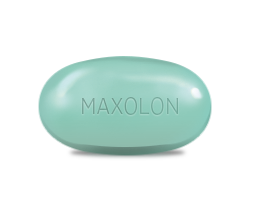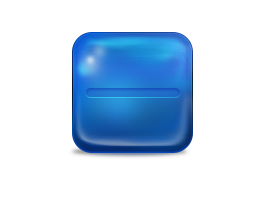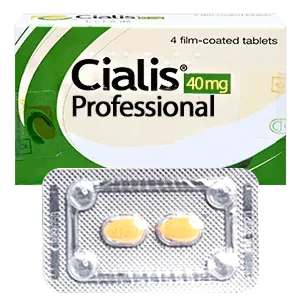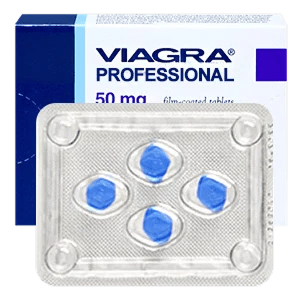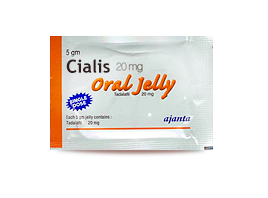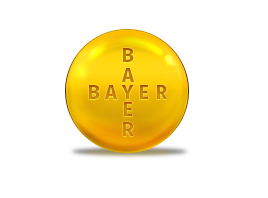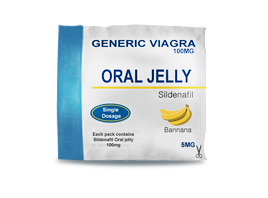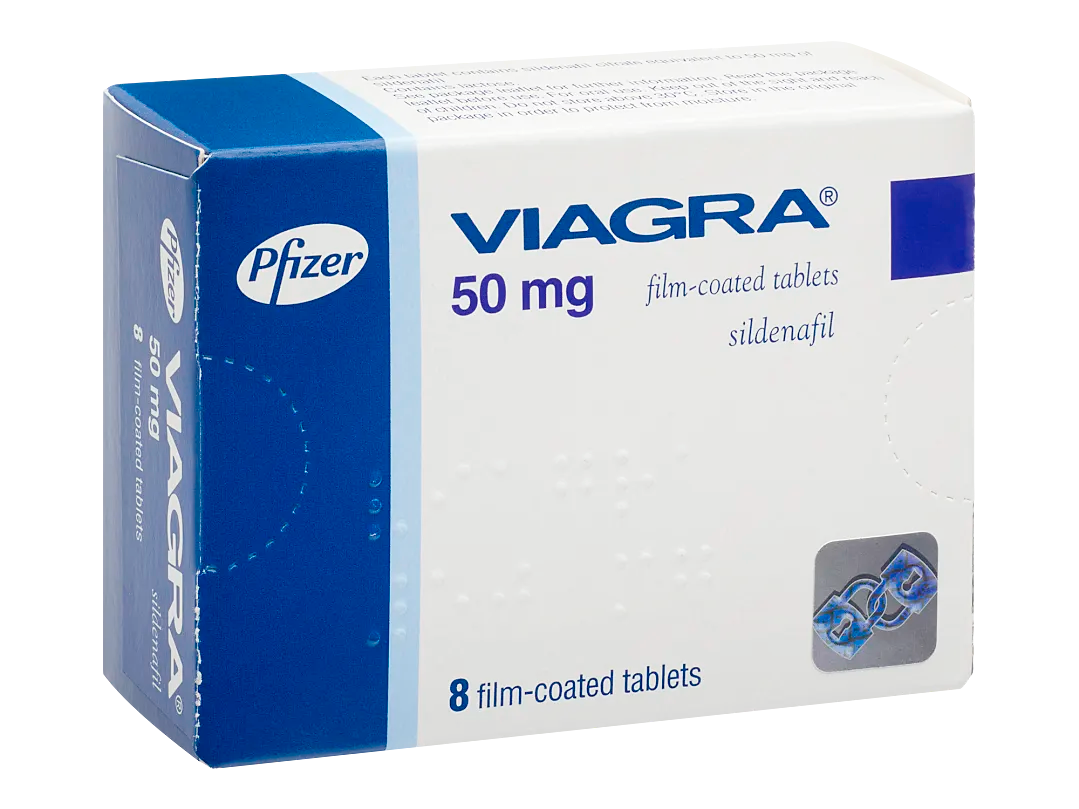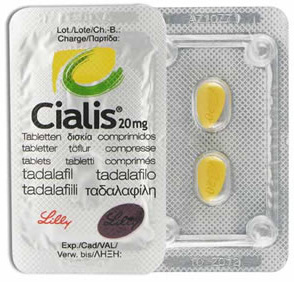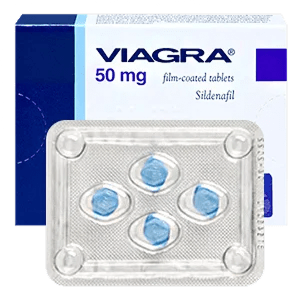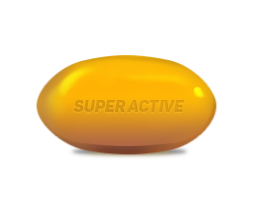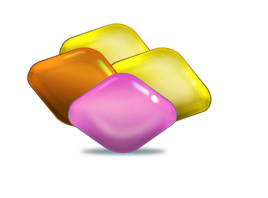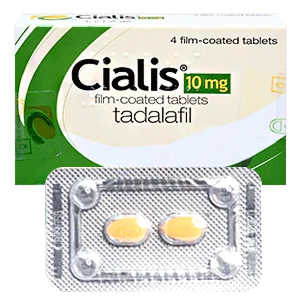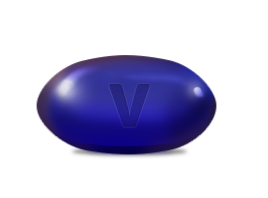Fluoxetine is an antidepressant group of selective serotonin reuptake inhibitors. It has a timoanaleptic and stimulating effect. It is used for depression of various genesis, obsessive-compulsive disorders, bulimic neuroses.
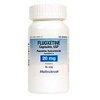
An antidepressant means, which selectively inhibits the reuptake of serotonin (5-HT) in the central nervous system, enhances serotonergic transmission in the CNS. Used to treat depressions of various etiologies (including anxious, reactive, recurrent, atypical and post-psychotic, depressive episodes of bipolar disorder, dysthymia, depression on the background of schizophrenia, organic CNS diseases and alcoholism).
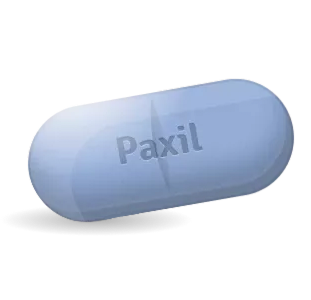
Tenorminis a cardioselective beta-adrenoblocker. It is based on a substance called Atenolol, which blocks nerve impulses, which leads to a decrease in the frequency and strength of the heartbeat. Atenolol has antihypertensive (lowers pressure), antianginal (eliminates the symptoms of myocardial ischemia) and antiarrhythmic (eliminates heart rhythm disturbances) by action.
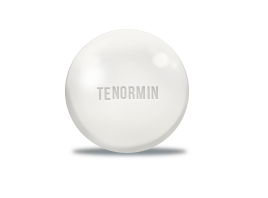
Cleocin has bacteriostatic and bactericidal activity depending on concentration of drug, infectious process and condition of an organism of the patient. Active against aerobic and anaerobic streptococcus (except for enterococci), the majority of staphylococcus except for methicillin-resistant strains, bacteroids except for Bacteroides melaninogenicus, spindle-shaped bacteria
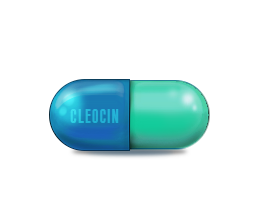
Effexor - antidepressant. Active ingredient - venlafaxine and its main metabolite O-desmetilvenlafaxine which are strong inhibitors of the return serotonin reuptake and noradrenaline and weak inhibitors of the return capture of a dopamine. It is considered that the mechanism of antidepressive action is connected with ability of drug to strengthen transfer of nervous impulses in CNS.
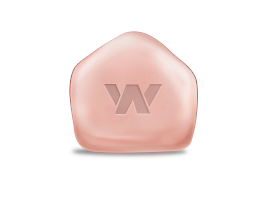
A thiazide diuretic of the average intensity, applied in arterial hypertension, edema syndrome of different origin, gestosis and diabetes insipidus. Reduces reabsorption of Na+ at the level of the Henle loop cortical segment, without affecting its segment lying in the medulla of the kidney that detects a weaker diuretic effect compared with furosemide.
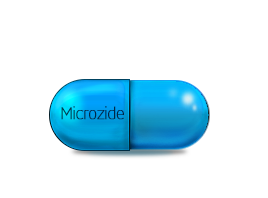
An antifungal drug for oral and topical use in fungal diseases of the skin and nails. At low concentrations, it has fungicidal activity against dermatophytes.
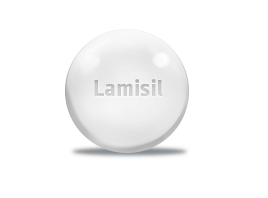
An anti-climax combined drug which has estrogenic and gestagenic effect, restores the balance of endogenous hormones.
Estrogens regulate the development of the female reproductive system functions’ preservation, the formation of female secondary sex characteristics. The list of indications includes: vasomotor symptoms associated with estrogen deficiency in the body, osteoporosis associated with estrogen deficiency, atrophic urethritis and atrophic vaginitis.
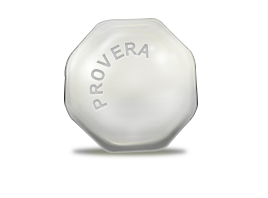
The antifungal agent which has activity against dermatophytes, yeasts, dimorphic fungi and eumycetes. It is also active against staphylococci and streptococci. The therapeutical indications of the drug include: mycoses of the gastrointestinal tract, eyes, genital organs, chronic recurrent vaginal candidiasis, dermatomycosis, onychomycosis, Candida, folliculitis, dermatophytosis, systemic fungal infections (blastomycosis, candidiasis, paracoccidioides, coccidioidomycosis, cryptococcosis, histoplasmosis, hromomikoz, sporotrichosis, paronychia, fungal sepsis, fungal pneumonia); leishmaniasis; tinea versicolor, prevention of fungal infections in patients with a high risk of their development. The mechanism of action is inhibition of fungal membrane ergosterol synthesis and the violation of the cell wall permeability.
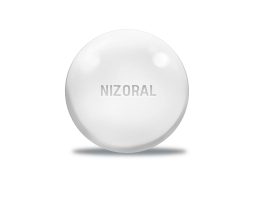
Antidepressant. Strengthens the central adrenergic and serotonergic transfer. Used for the treatment of depressions including anhedonia, psychomotor retardation, insomnia, early awakening, weight loss, loss of interest in life, suicidal thoughts and mood swings.
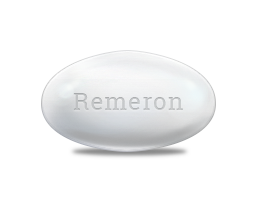
Antiemetic, which is a specific blocker of dopamine (D2) and serotonin receptors. It has antiemetic effect, eliminates nausea and hiccups. Reduces moving activity of the esophagus, increases the tone of the lower esophageal sphincter, accelerates gastric emptying and the movement of food through the small intestine without causing diarrhea. Stimulates the secretion of prolactin.
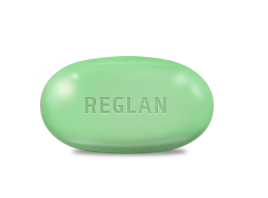
Tinidazole - an antibacterial agent for systemic intake, used for the treatment of diseases such as trichomoniasis, giardiasis, amoeba dysentery, anaerobic infection, mixed aerobic-anaerobic infections (in combination with appropriate antibiotics), prevention of postoperative anaerobic infections.
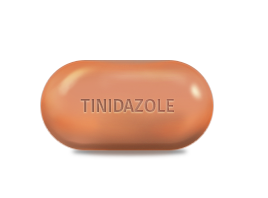
Antiepileptic agent. The use of Lamictal reduces the pathological activity of neurons without inhibiting their function. Stabilizes the neuronal membranes by affecting Na + channels, blocks excessive release of excitatory amino acids (mainly glutamate), without reducing its normal release.
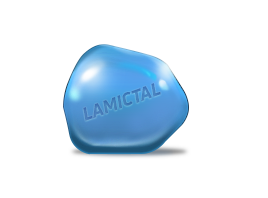
Sinequan - antidepressant, which is taken as prescribed by the doctor in case of the following indications: depression, anxiety and sleep disturbance in neuroses, alcoholism, organic diseases of the central nervous system, psychoneurotic disorders with anxiety, depression, psychotic depression (including the involutionary, reactive depressive phase of manic-depressive Psychosis). In general therapeutic practice - duodenal ulcer, dumping syndrome, premenstrual syndrome, chronic pain in cancer patients, skin itching, chronic idiopathic urticaria.
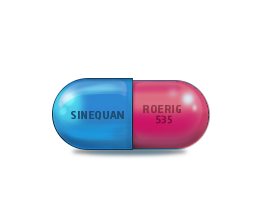
Plavix is an antiplatelet drug; specific and active inhibitor of platelet aggregation; has a coronary-dilating effect. The use of Plavix is indicated for the prevention of atherothrombotic complications in adult patients with myocardial infarction in adult patients with an acute coronary syndrome. The drug is also indicated to prevent atherothrombotic and thromboembolic complications, including a stroke, atrial fibrillation in patients with atrial fibrillation, who have at least one risk factor for vascular complications and who cannot take indirect anticoagulants and have a low risk of bleeding.
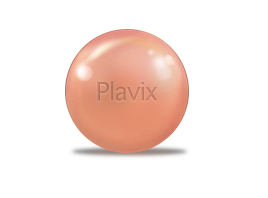
An inhibitor of proton pump. The drug indications include: gastric ulcer and duodenal ulcer (in an acute phase), erosive gastritis, reflux-esophagit, Zolling-Erellison syndrome.
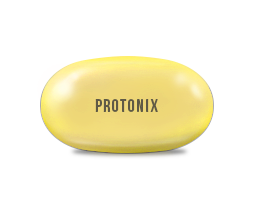
Sinequan - antidepressant, which is taken as prescribed by the doctor in case of the following indications: depression, anxiety and sleep disturbance in neuroses, alcoholism, organic diseases of the central nervous system, psychoneurotic disorders with anxiety, depression, psychotic depression (including the involutionary, reactive depressive phase of manic-depressive Psychosis). In general therapeutic practice - duodenal ulcer, dumping syndrome, premenstrual syndrome, chronic pain in cancer patients, skin itching, chronic idiopathic urticaria.
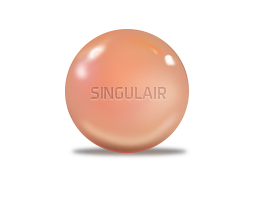
A symptomatic medication against vomiting and nausea of various origins. Used at vomiting caused by radiation therapy or cytotoxic drugs intake, hypotony and atony of the stomach and intestines, biliary dyskinesia, reflux esophagitis, flatulence, aggravation of gastric ulcer and duodenal gut, when performing contrast studies of the gastrointestinal tract. It reduces the moving activity of the esophagus, increases the tone of the lower esophageal sphincter, accelerates gastric emptying, and accelerates the movement of food through the small intestine without causing diarrhea. Stimulates the secretion of prolactin.
